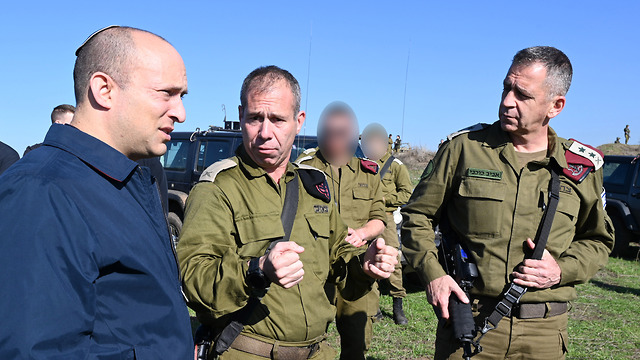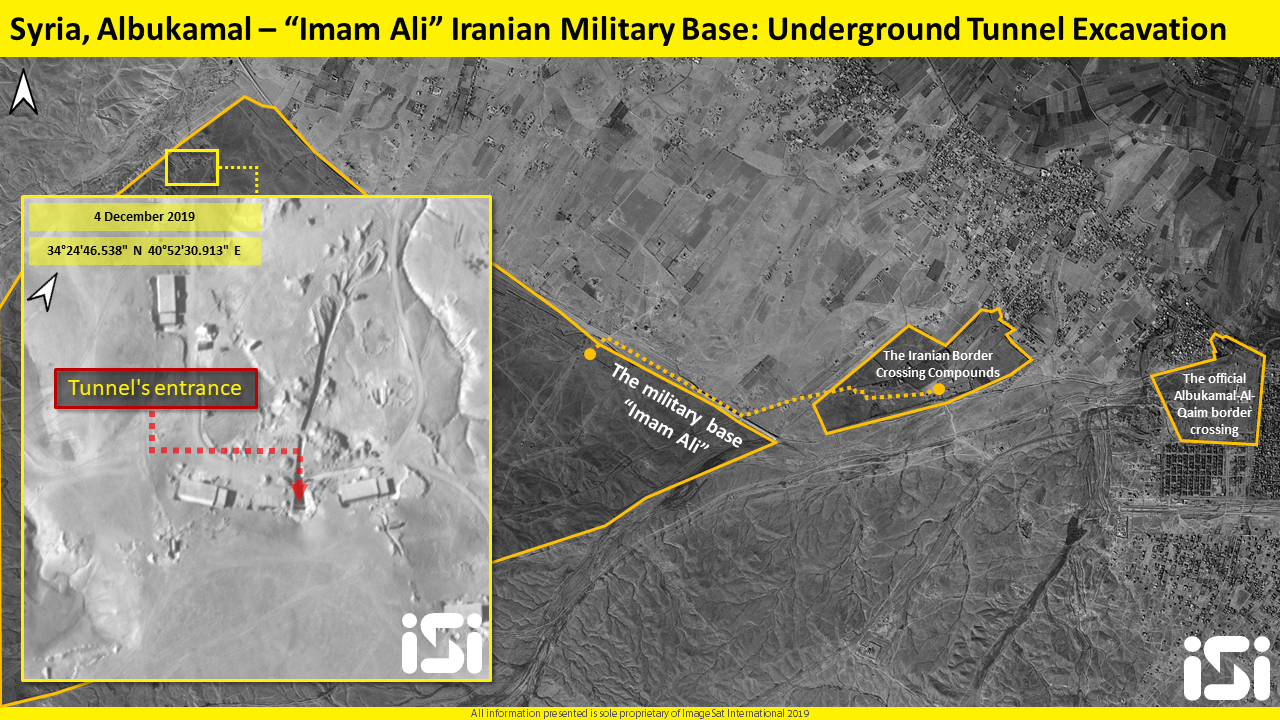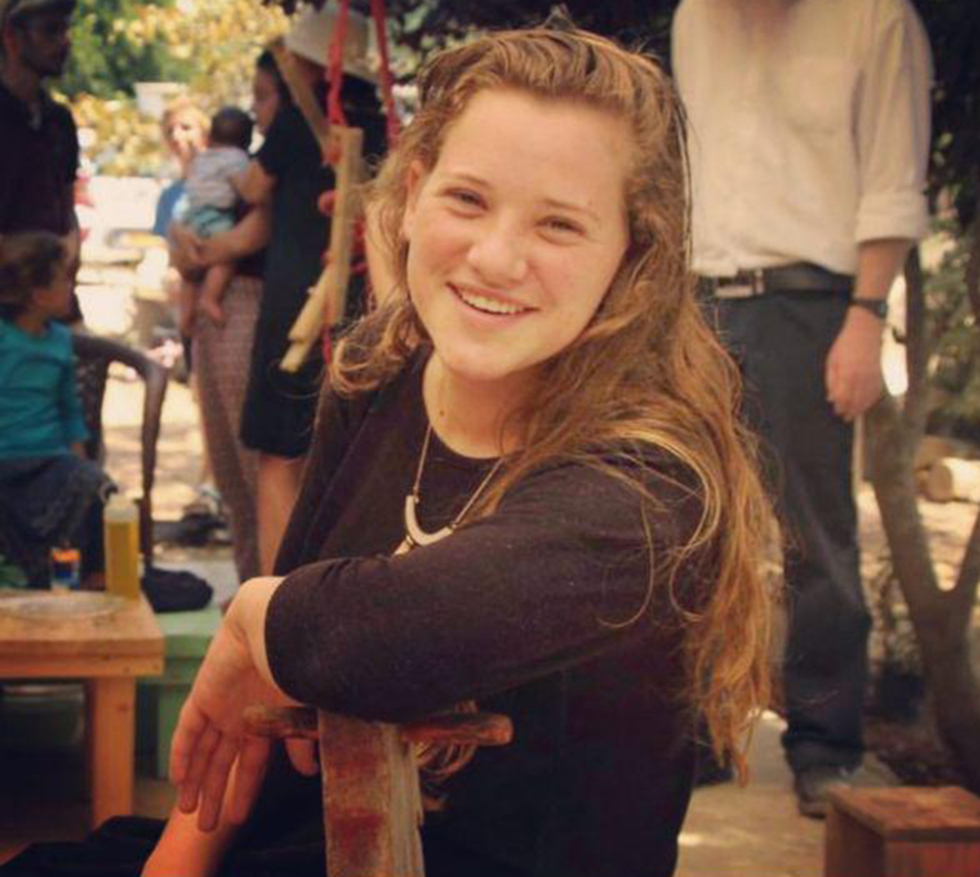Getting your Trinity Audio player ready...
Defense Minister Naftali Bennett said on Wednesday that the IDF will increase pressure on Iran and its proxies around the northern border to prevent the Muslim Republic from establishing its stronghold in Syria.
"'I've just finished a visit to the Northern Command. We have soldiers and commanders, led by the chief of staff and the head of the Northern Command, who know the job and protect the north," said Bennett.
"The Ayatollahs in Iran send us their tentacles in an effort to terrorize the citizens of Israel. The more Iran tries to establish itself on Syrian soil, the deeper it will sink in the Syrian sands. Syria is increasingly becoming Iran's Vietnam.
"We will increase the pressure, Iran has nothing to look for on Syrian soil. we will continue to protect the country's borders."
Bennett gave the statement after he and IDF Chief of Staff Maj. Gen. Aviv Kochavi attended a large-scale military drill of the 188 Armored Brigade in the Golan Heights, alongside the head of the Northern Command Maj. Gen. Amir Baram, Commander of the 36th Armor Division Brig. Gen. Avi Gil and Commander of the 188th Brigade Col. Nir Rosenberg.
The maneuver simulated combat conditions in northern Israel with a combination of armor, infantry, combat engineering, air force, and more.
The soldiers practiced combat in a complex and crowded area, combined with advanced intelligence and offensive capabilities that, according to IDF officials, would lead to the "defeat and destruction of the enemy if needed".
The defense minister's statement shortly after newly discovered satellite footage exposed last Tuesday that Iran is digging a tunnel designated to smuggle troops and store arms nearby the Syria-Iraq border.
An intelligence report published by ImageSat International (ISI) provided footage documenting larger scale excavation works along the Syria-Iraq border, apparently conducted by pro-Iranian militias in the area.
It is estimated that the tunnel is dug in order to bypass the Abu Kamal border crossing between Syria and Iraq, an area that was the target of a number of Israeli strikes in recent weeks. The latest aerial attack in the area occurred on Sunday, with at least five men belonging to pro-Iranian militias reported to have been killed in a pre-dawn raid.
The tunnel is believed to be constructed in order to store and smuggle weapons, including missiles, as well as equipment and militia soldiers.
According to Fox News, the digging of the tunnel is overseen by the Al-Quds Division of the Iranian Revolutionary Guard Corps.
The first image of the construction was taken on October 5, but some two weeks later a thatch roof appears to have been built above the site, possibly to cover up the activities there.
Huge mounds of earth were seen at the other end of the tunnel.
Al-Quds forces have over the past months intensified their efforts to smuggle advanced weaponry into Syria and Lebanon.
Security officials worry the weapons and equipment will be moved along the northern end of the Syria-Iraq border, where U.S. troops had been stationed before the Trump administration made an abrupt decision to withdraw the forces several months ago.
Israeli officials estimate the Iranians will not turn a blind eye on further Israeli strikes in the area and might retaliate through their proxies in Syria by firing rockets or launching explosive drones, similar to the attack on Saudi refineries last September, allegedly carried out by Iran, 300 km from the Saudi-Iranian border.
Bennett also spoke about the Shin Bet security service's Wednesday crackdown on Palestinian terror factions, which led to the arrests of over 50 suspects, including those believed to have murdered 17-year-old Rina Shnerb in an attack at a West Bank tourist spot in August.
"The security forces and the Shin Bet have uncovered a vast network of terrorists from the Popular Front in the West Bank, the same network that is responsible for the murder of Rina Shnerb.
"Rina – in the end, we captured the terrorists. We will continue to chase every single terrorist before they harm us."




